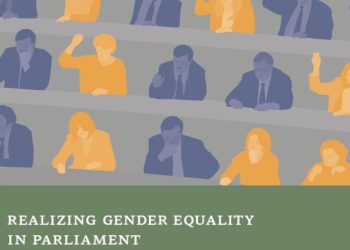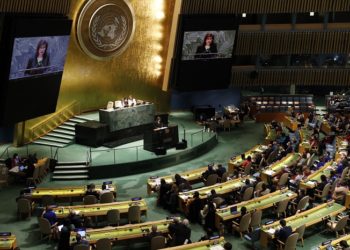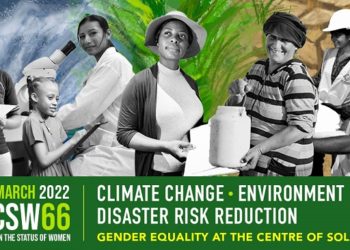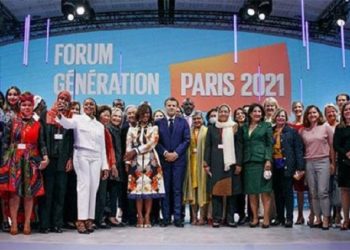On 7-16 July, 2020 High-Level Political Forum on Sustainable Development was held under the auspices of the Economic and Social Council, during which the UN member states submitted their Voluntary National Assessment Reports on the implementation of the Sustainable Development Goals. On 10 July Armenia presented the second Voluntary National Assessment Report on the Implementation of the UN Sustainable Development Goals. The forum was themed “Accelerated action and transformative pathways: realizing the decade of action and delivery for sustainable development “.
The goal of the forum is to contribute to the improvement of international solidarity in order to combine the efforts towards the implementation of SDGs and responding to economic fluctuations in the context of the COVID-19 pandemic. The biggest challenges of the world were discussed during the conference starting from climate change, peace, security to gender equality and other SDG related issues.
In his speech at the conference, UN Secretary-General Antonio Guterres warned that each of the Goals of the 2030 Agenda for Sustainable Development, is being impacted by the COVID-19 pandemic.
The report notes that the global crisis resulting from the spread of COVID-19, has had a major effect on these targets, with health systems overwhelmed, businesses shut down, and 1.6 billion students kept out of school; the poor and vulnerable have borne the brunt of the pandemic, and tens of millions are expected to experience extreme hunger and poverty, and it is projected that in 2020 alone, the pandemic could lead to up to 49 million people falling into poverty.
The UN Secretary-General stressed the need to reduce inequality, by making economies more sustainable and just. It is presented as the key strategy for reducing global poverty.
The next topic of Guterres’ report was the reduction of carbon dioxide, it was noted that progress in this direction has slowed down in recent years. The Secretary-General mentioned that ambitious and immediate climate action is the only viable pathway that limits climate change, whilst protecting people, livelihoods and natural ecosystems. Such action would also see a tangible net economic benefit, saving the global economy tens of trillions of dollars.
The UN chief’s progress report highlights the importance of international cooperation and solidarity in recovering from the crisis a “large-scale, coordinated and comprehensive multilateral response”, to reduce the risk of future crises and bring the world closer to achieving the 2030 Agenda.









